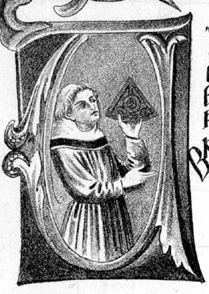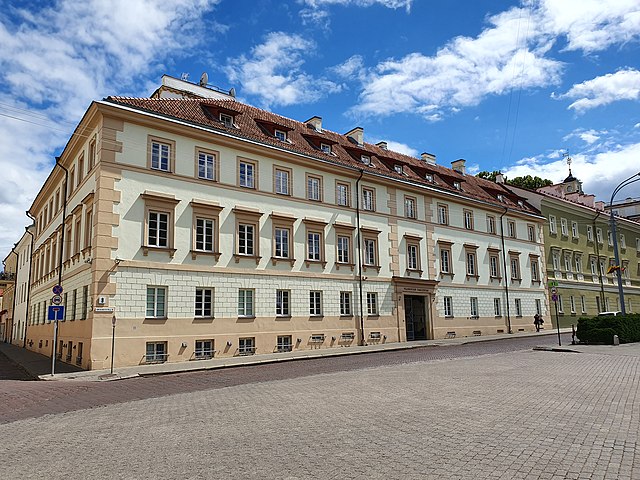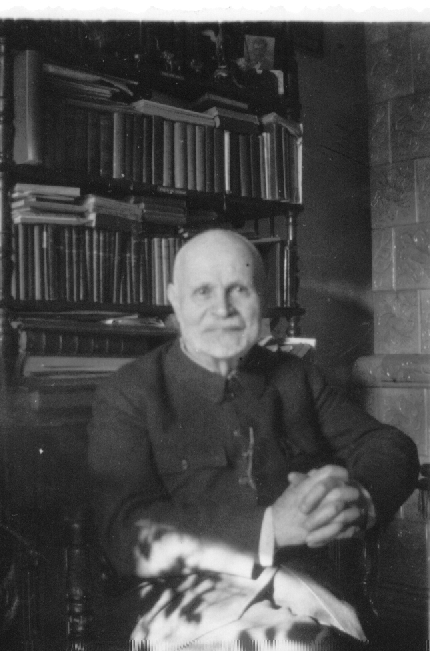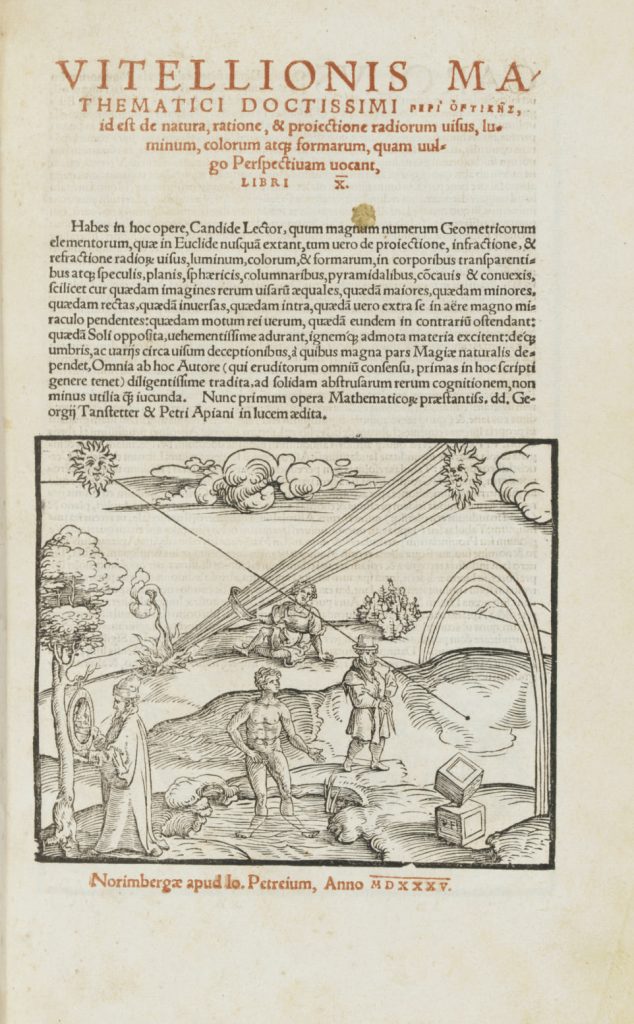Home » Posts tagged '13th century'
Tag Archives: 13th century
Vitello’s Anthropology and Its Aristotelian Roots
On May 28th-29th 2024 a conference titled Polish Philosophical Anthropology took place in Częstochowa. This event was organised by the Department of Philosophy, Jan Dlugosz University. It was another conference held in Częstochowa that aimed at shedding some new light on selected aspects of the history of philosophy in Poland.

AΦR member, Tomasz Mróz, has participated in this conference with a paper devoted to the philosopher with whom all the histories of philosophy in Poland usually begin. It was Vitello, a 13th century scholar, who is well-known from his theory of demons as animals built from the four elements with air as a dominant factor. Vitello argued that the demons were superior physically and intellectually to all the other animals, including human beings. Human beings, consequently, could only be considered as an intermediary species between apes and demons. In this way Vitello, with the aid of Aristotle, demonstrated that human being can’t be regarded as a crowning creature in the terrestrial world. Let us add on the margin that Vitello took advantage of his expertise in philosophy, natural sciences, medicine and life’s experience to depict vividly various interactions between humans and demons, not all of which can be presented to the minors
Erasmus Teaching Visit in Vilnius University
In April, 18th-22nd, 2023, Tomasz Mróz enjoyed his third Erasmus teaching visit in Faculty of Philosophy, Vilnius University.

Vilnius University is a unique research and teaching institution in Central-Eastern Europe. It has a long and sometimes turbulent Polish-Lithuanian history. Some of the lectures delivered by T. Mróz to philosophy students in Vilnius concerned a part of this history and, naturally, reception of ancient philosophy.

One of the lectures discussing the issues of ancient philosophy reception had Wincenty Lutosławski (1863-1954) as its topic. The focus was on his Vilnius period and his vision of a philosophical development of Plato from idealism to spiritualism. Since Lutosławski considered Polish Romantic Messianism to be founded on spiritualism, consequently he could consider this unique tradition to be rooted in Plato, who was presented by Lutosławski as an ancient philosophical predecessor of Polish 19th century literary and philosophical tendency.
Another lecture in which ancient philosophy reception appeared was devoted to Vitello (ca. 1230-1300?) and his theoretical reflection on the nature of the daemons. Vitello’s demonology stemmed from his research in natural sciences and it employed neo-Platonic and Aristotelian elements, such as a belief in a mathematical structure of the universe and the theory of four elements. Vitello’s philosophical investigations were presented against the background of the 13th century developments in philosophy.

Teaching duties were supplemented with meetings with the Faculty members and discussions on the plans of a future co-operation activities between philosophers of Vilnius University and University of Zielona Góra.

Recent commentaries